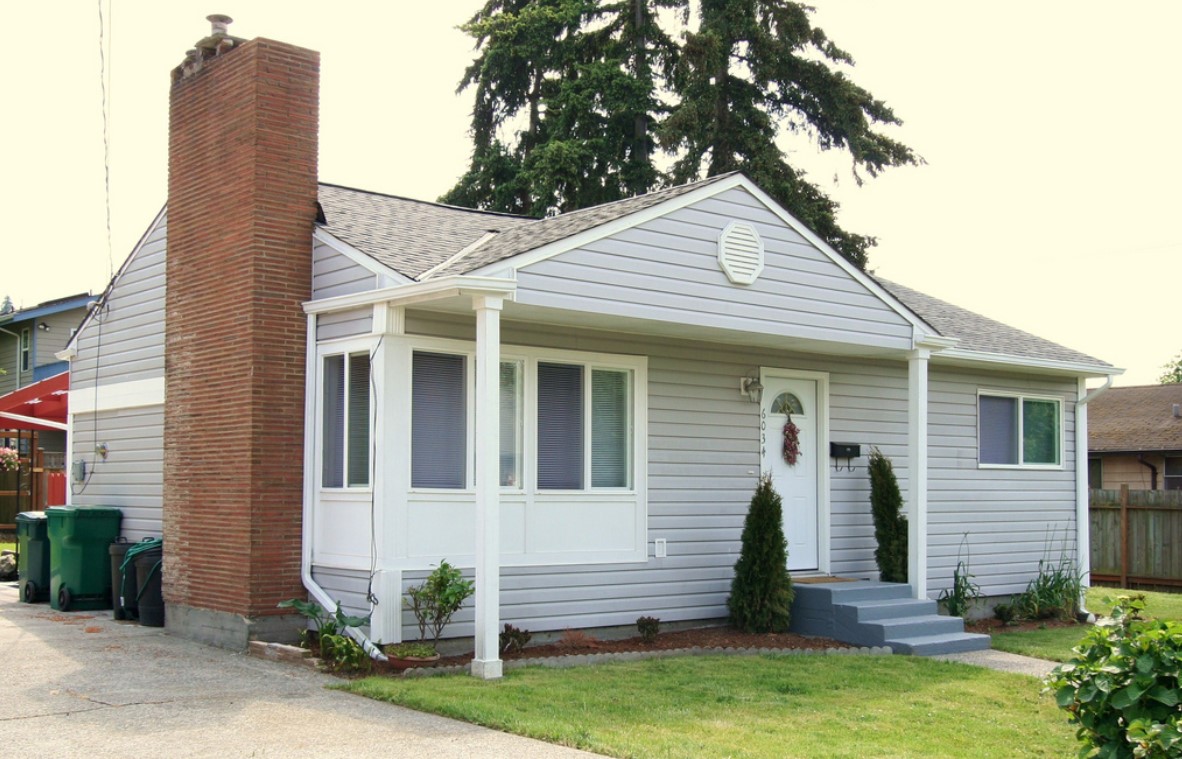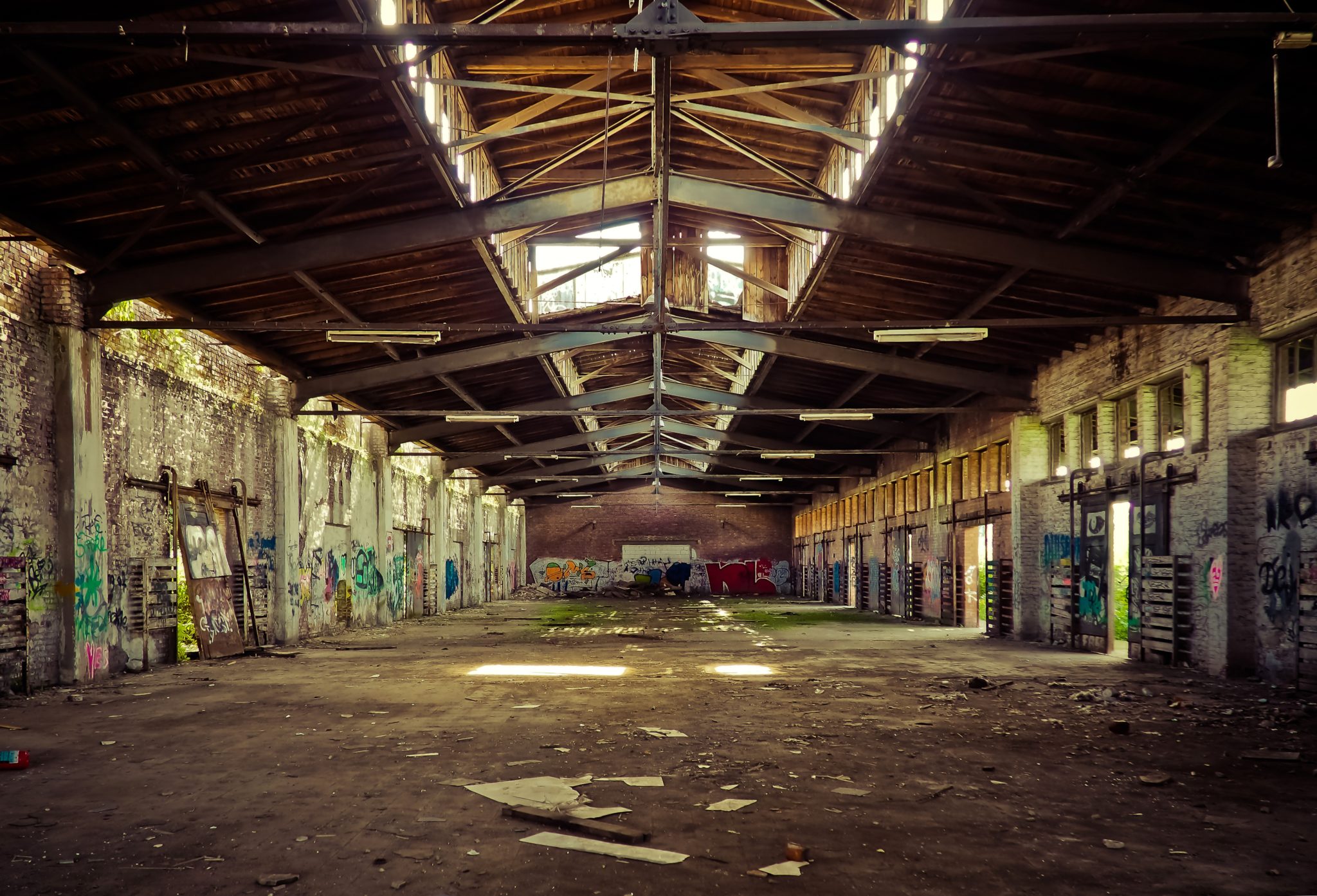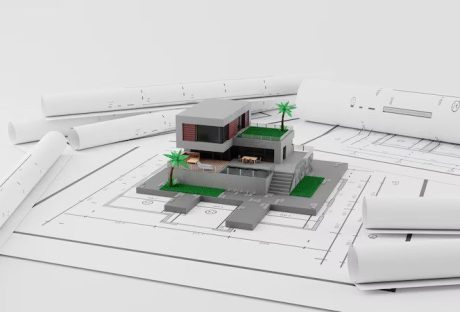There are 101 things to know before selling your house. However, you cannot possibly take care of everything, but there are very important things that you ought to bear in mind. Getting cash for your home must be your main goal and knowing the following things will help you get the best value for your home.
Read also: How To Sell Your House Fast?! Five Must-Know Tips To Move Your Property!
1. People Want To Envision Themselves Living Inside The House
That is right, so go ahead and get rid of all of your personal items from the house. Make it as neutral as possible so that other people who want to see the house can envision themselves living there in their mind. You cannot take chances with this. To remove your personal effects, but you can maybe leave a curtain, a few things just so you can stage the home for the buyers. You want them to see how they would fit in the home.
2. Homes Sell Faster When Sold By Realtors
Only 10% of all the homes for sale by owner are going to be sold. And this is on a higher side. The rest 90 percent will have to be handed over to real estate agent to sell them. You could think that yours will be among the ten percent that sells, but in most cases, this is not true. Therefore, you should enlist the assistance of a real estate agent if you would like to make some good money out of the home and if you would like to sell it faster. If you still want to sell your site by yourself, know the normal steps in the home selling process.
3. Buyers Know The Prices Of Similar Properties In The Area
That is right, buyers know the prices of similar properties in the area and therefore overpricing your home is not going to help at all. Because you will buy another home after selling the current one, are you going to just pop into the market and take the first one you come to? Apparently not. You will do research, find the market rates and then you will be crazily determined not to pay a dime more than you should pay. Now, set the price right, after you know that.
4. Non-Disclosure Can Cost You A Lot In Future
If you do not disclose any issues that the house may be suffering, you may have a legal tussle in the future. Of course, buyers know that house have effects and they will not be unreasonable when pushing you to disclose the issues in your house. Hire a house inspector to do a full report so that you can take care of any repairs to make more money, or make sure to disclose them to the buyer.
5. Buyers Are Not Going To Buy A Dirty Home When There Is A Clean One
No buyer wants to buy a dirty home and in any case, any buyer wants to visualize a home for sale just the way they think they will be living inside the home. Thus, do take the time, or pay someone to spruce up the house. If you know you will sell your home in the near future, you ought to give it a touch of paint. That is the only way that you are going to get some good money out of the home. Remove your trash, get all the junk out of the garage, and dust the place up.
6. Some Buyers Are Not Really Buyers
Many people get annoyed when so many people turn up to see home but it soon becomes clear that they do not intend to buy. However, be courteous, it comes with the business. Many people just pass by to see what is on offer, or just because they are in the neighborhood.






















